Python vs Java: Differences and Similarities in 9 Key Areas
Python vs Java: Differences and Similarities in 9 Key Areas
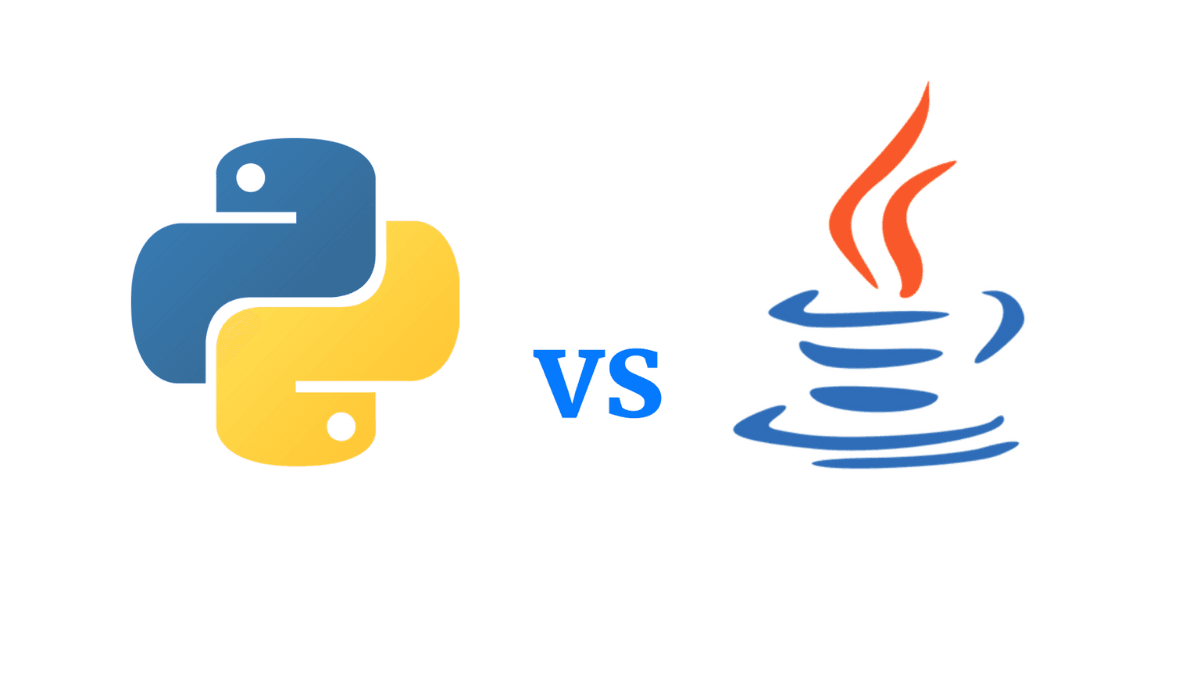
Python is one of the popular programming languages in the present software world, and Java is also one of the top programming languages used in the IT sector. Both Python and Java underpin massive solutions ranging from web development and data sciences to enterprise software and even mobile applications.
This blog aims to present a comparative analysis of Python vs Java, mapping the two programming languages against nine criteria. So, for beginners who need to decide on their first language, developers who need more tools in their kit, and businesses who need to find the right tool for the job, this article will help you understand which is better to learn, Java or Python.
Introduction to Python vs Java: Why Compare These Two Giants?
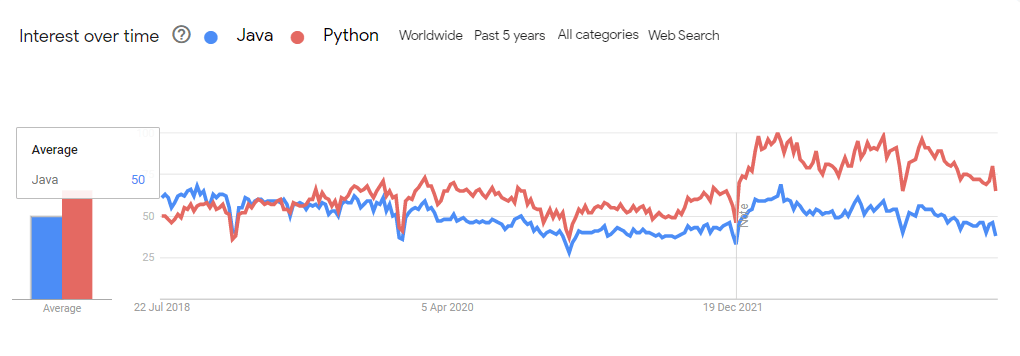
Python and Java performances have become more robust and entrenched into the programming environment more than ever; each has its specialty and serves different purposes. The difference in Python and Java lies in their core philosophies, making them suited for distinct use cases.
Python code is easy to understand and write, which makes it easy for people to learn and use in addition to advanced developers. Their typing nature and creation of such attractive syntax make it possible to develop programs at the fastest pace possible while empowering the applications in data science, artificial intelligence, and machine learning alongside web development. The capability of the language has positioned Python in remarkable sectors and technologies and has remained at the forefront of enhancing growth in the fields.
On the other hand, Java has the advantage of great stability, and reliability of code as well as the write once, run anywhere model supported by its platform independency. Java’s static typing and strong object-oriented approach are considered the basic foundation of many large enterprise applications, large-scale systems, and Android mobile applications . .Java has been in existence for decades and continues to receive steady support from the community and is rated as one of the best for development of secure, high-performance applications.
It is always difficult to decide in favor of one of the languages since their application areas intersect, and their features depend on the individual characteristics of the programmer. The difference in Python and Java is significant, making each better suited for specific tasks. This article provides an opportunity and groundwork to evaluate Python vs Java against nine key parameters so that developers, students, and other professionals can make the right choice for their specific requirements.
How Different Is Python from Java?
1. Syntax and Readability
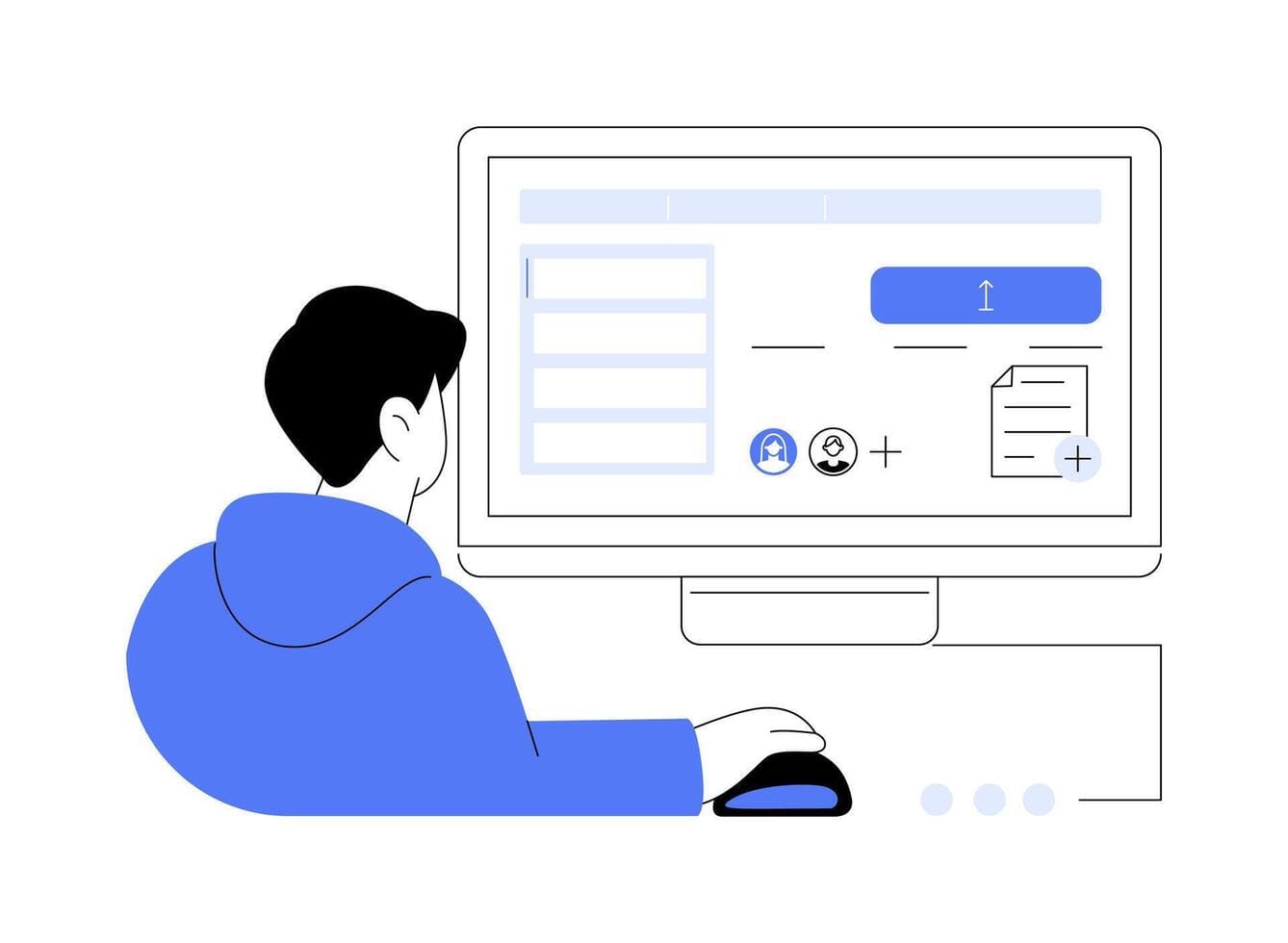
Python mainly owes its beauty to its minimized syntax, which is easily understandable by humans and looks like plain English. Therefore, it eliminates most of the repeated code writing that developers must do or try to remember how it was written. Python can transition smoothly for Java developers due to its more straightforward structure. Magnanimous to interfaces, Python code is easier to develop and enables better maintainability. However, the difference in Python and Java lies in the performance, scalability, and use cases, with Java Python often being the choice for large-scale enterprise applications.
#python code examplesprint("Hello, World!")Java has a more extensive and more wordy set of syntax rules. It can also make Java code longer and more complex, but the fact that all computers and details should be explicit can help avoid many common pitfalls in large-scale projects.
public class HelloWorld { public static void main(String[] args) { System.out.println("Hello, World!"); } }
2. Performance

Around speed, Java seems to have the edge over Python, and there is a reason behind that: Java is statically typed, and compiles code into bytecode, which is further processed by JVM (Java Virtual Machine). This allows optimizations to be performed at the compile and executable time, making it faster.
Python is based on dynamic typing – much like Ruby- and interpreted language, which means it is versatile and relatively easy to work with but slow. Python becomes slower at runtime, which means it requires more computational power in computations that are not optimized and/or does not have an external library to support it.
3. Learning Curve

Python is widely perceived as one of the friendliest and most popular programming languages for beginners precisely because of its relatively plain and uncomplicated structure, which does not require complicated installation and configuration, and plenty of tutorials available on the Internet. It is well suited for those new to programming or coded, but then switched fields.
Java, however, is more complex than C# because its code is written with more words, and Java is more rigid in that the developer cannot write code until those concepts as classes and objects and the JVM are mastered. But, learning Java can give a basic understanding of other languages and what software development requires.
Knowing these differences helps developers decide which language aligns with their goals. For rapid prototyping, Python is a great choice, whereas Java is often preferred for large-scale, high-critical applications. Understanding the difference in Python and Java can guide developers in making the right choice.
Benefits of Java Over Python in Specific Applications
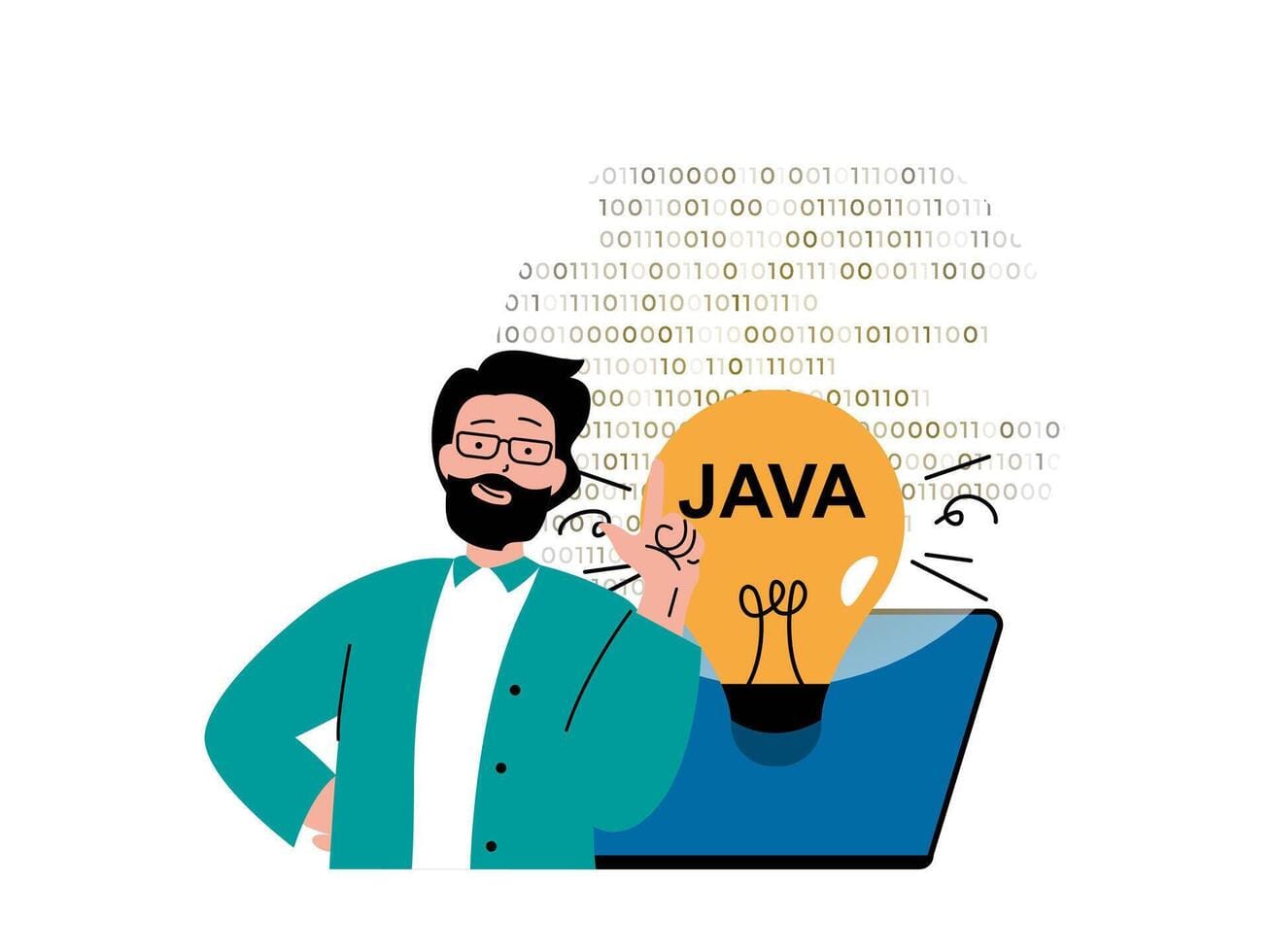
Java has a complex architecture and possesses many features, making it a preferred choice for various domains that require high scalability, visibility, and performance. When comparing Python vs Java, Java often outshines Python in specific areas due to its robust structure and efficiency. The benefits of Java over Python are particularly evident in large-scale enterprise applications, where stability and speed are crucial. Here’s why Java often outshines Python in specific areas:
Enterprise Software: Leveraging a rich set of frameworks like Spring, Hibernate, and Java EE – Java is more suitable for creating huge, enterprise-grade applications. These frameworks make operations such as dependency injection and database and microservice handling much easier.

Also, Java (a compiled language) has static typing and designs applications as a set of objects which is suitable for large businesses because such applications are more stable and easier to maintain.
Mobile Applications: Java was the only language used to create Android apps and interfaces for a long time. Android relies on the Java programming language, and software tools such as the Integrated Development Environment dubbed Android Studio ease mobile application development, deployment, and testing.

Although Kotlin has been considered for some time as the second language for development, Java can still be named the basis of the platform because of its history and the availability of developers.
Performance-Critical Applications: Java is an interpreted language while Python is also an interpreted language in the same way, but Java's performance is far superior to that of Python in the execution of programs. Just In Time, compilation is done at the Java Virtual Machine to improve efficiency since these changes are done at the runtime.

Therefore, Java is ideal for high performance, like in banking and stocks, trading, and real-time web services.
Python separates itself in data science, AI, or prototyping as it is backed up with libraries such as NumPy, TensorFlow, Pandas, etc., On the other hand, Java outmanoeuvres other languages in case of scalability, stability, and enterprise dependability. However, for companies that want to build for the future, distributed systems, multi-threaded applications, and the overall structured way of Java often suit better.
With these strengths well understood, developers and organizations have a choice of the language that fits the goals of a specific project and the operational needs of an organization.
Java and Python Trends in the Tech World
Python and Java remain relevant programming languages, each occupying strategic market segments as dictated by their usefulness and importance.
Python
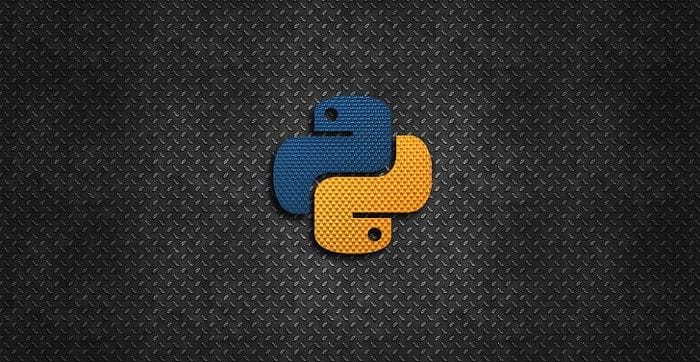
Python is the optimal language for data-driven industries due to its ease of use and large resources database. It has become even more noticeable in data analytics and machine learning as many job sites indicate the existing need for Python developers. For example, according to recent research, Python is among the most demanded programming languages in recruitment platforms, with around 40% of employers looking for Python skills.
Java
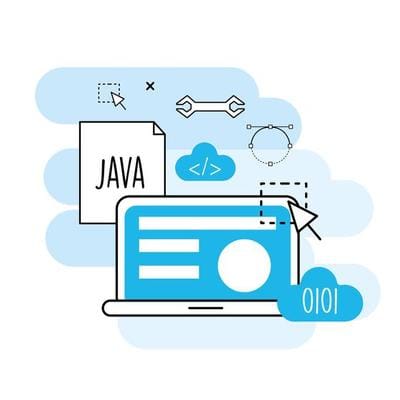
The high durability and portability have safeguarded Java for the enterprise application domain. It remains part of legacy systems and complex applications while it is widespread in finance, healthcare, and e-commerce. Java developers remain in high demand; approximately 40% of recruiters require professionals with Java knowledge.
The employment picture remains strong for both Python and Java. Apart from its strength in data science, web development, and automation, high demand exists since the language is diverse. Likewise, the constant usage of Java in large high-velocity systems keeps Java relevant. According to Globals 2024, Python vs Java remains a competitive debate, with both languages being highly sought after by recruiting companies worldwide, each gaining nearly equal recognition of about 40%.
Knowledge of such trends can help professionals in the field of IT to match their competencies to the essential demands in the existing and future world of technologies.
Python for Java Developers and Java for Python Developers
For developers proficient in one language, the other is another opportunity that can be useful to them, thus diversifying their skills. Here's how:
For Java Developers
Ease of Learning: It is, therefore, refreshing for Java developers to work in Python due to the concise and dynamic typing syntax. Python is not just easy to learn, but it is easy to understand since the language is developed to allow people to reason about what they ought to do with far less code than most other languages. One of the main advantages of programming in Python is that it allows less repetitive coding as opposed to Java. This code writing technique makes the process of programming in Java longer due to the massive amounts of boilerplate code that need to be written to perform relatively simple tasks such as defining classes or methods.

This lack of syntactic overhead makes it perfect for early prototyping and fast application developments, so, for instance, java developers could better finish their projects without compromising readability.
New Domains: Python is inviting to new areas and technologies that Java developers could encounter otherwise. Another beautiful aspect of Python is its popularity in fields such as data science, machine learning, and artificial intelligence. Python has become the language for data processing, statistical analysis, and modelling because of rich libraries such as NumPy, TensorFlow, and Pandas.
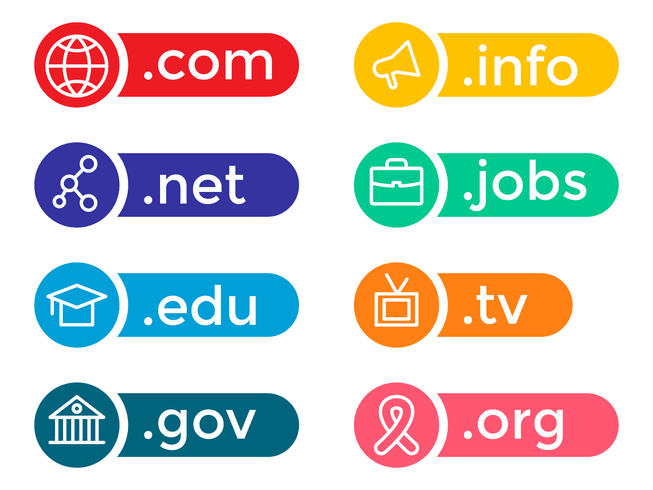
Once again, developers keen on working with data or AI solutions find Python more conducive than Java because of the many libraries available. Furthermore, Python is popular in web development, along with tools such as Django and Flask, which will make one's career more versatile if developing large-scale web products is a goal.
Versatility: Python’s scripting benefits Java developers immensely in automating tasks or at least in creating small utilities on the side or in interconnecting varied systems. To perform mundane system administration tasks, process files, or interact with APIs, Python tickles the fancy and drives home the point with its responsive and compact syntax.

In understanding Python programmers get additional options to their tool chest by simply widening the range of their skills from constructing complex enterprise systems to handy scripting abilities.
For Python Developers
Enterprise Applications: Java is used massively in constructing large-scale, enterprise-level applications that require high reliability, power, and compatibility with other systems and software. Further, Java has other advantageous features such as static typing, strict adoptions of OOP concepts, support for multi-threading, and a distributed environment, making it a language of choice in constructing large-scale secure systems.

Python developers learn Java, which allows them to create and sustain business applications, especially in cases where reliability, protection, and scalability are vital while handling a great deal of load.
Frameworks and tools like Spring, Hibernate, and Java Enterprise Edition specifically support large and complex enterprise-level systems. In Java, basic knowledge of Python allows developers to switch to managing intricate backend applications and integrating enterprise, as well as legacy solutions.Android Development: While Kotlin is on the rise, Java cannot be omitted in the Android app development process. Quite several Android frameworks involve Java, and the Android SDK itself requires Java, which makes it an essential language for mobile app developers on the platform.

Java enables Python developers to cinematically devise native Android applications and leverage the extensive resources of the Android platform, thus making the developers apt to develop mobile applications on one of the most used operating systems internationally.
Java’s popularity in Android programming also translates into the fact that there are many developers, who are constantly creating applicable knowledge bases, books, tutorials, and libraries for programmers. Through Java, Python developers can open up opportunities in the growing market for Android app developers, thus diversifying their employment opportunities in mobile application development.Performance: This has the great advantage that Python allows dynamic typing and does not require compilation like Java, but it has the disadvantage that it is slower. Further, the fact that Java is a statically typed and compiled language gives it an essential advantage in speed and performance.
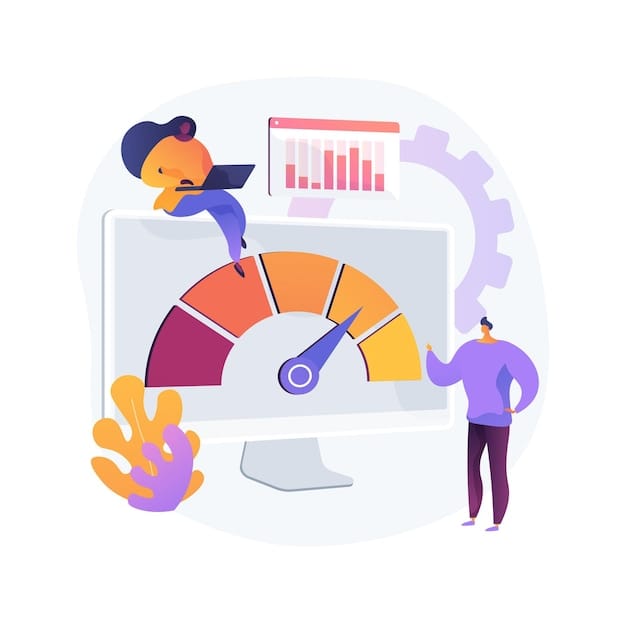
Java is renowned for Java JIT (Just-In-Time) compiler, along with its multi-threading feature makes it highly suitable for performance-oriented applications like real-time, financial, and high-frequency trading applications.
Knowing Java is helpful for Python developers specifically for applications that require concern for performance and resource optimization – which is a strong suite of Java programming language while strengthening the versatility Python brings to applications such as prototyping, scripting, AI, and Machine Learning.
Code Comparison

To illustrate the differences described above with an example, let the reader consider a function of computing the factorial of a number in two languages, Python and Java. This will bring out contrasts in the simple structure of the Shona language and differences in Shona and English concerning the writing style and vocabulary density.
Python
def factorial(n): if n == 0: return 1 else: return n * factorial(n - 1)print(factorial(5)) # Output: 120Java
public class Factorial { public static int factorial(int n) { if (n == 0) { return 1; } else { return n * factorial(n - 1); } } public static void main(String[] args) { System.out.println(factorial(5)); // Output: 120 } }Conclusion

Python and Java remain two of the most popular programming languages in the world to different degrees; every language has its strong suits. When comparing Python vs Java, Python is easier to learn and widely used for rapid application development, data analysis, and artificial intelligence. On the other hand, Java, known for its speed and security, is ideal for enterprise applications and Android development.
Despite their phenomenally dissimilar features, including syntax, performance, and applicability, their close similarities within issues like object-oriented design, cross-platform compatibility, and strong and active community backing are standard features. This makes them valuable choices for developers exploring Java Python development.
Finally, in conclusion, choosing between Java or Python depends on project requirements and personal preference. However, mastering both is the best approach as it prepares one for the most incredible diversity of tasks and competencies attainable in the present fluidity of the tech world.
Python vs Java - FAQs
How to learn Java and Python effectively as a new developer?

Begin with Python because learning and writing code is easier than other languages such as Ruby or Java. After becoming comfortable with Python, transitioning to Java can be smoother, especially for understanding enterprise-level systems like JVM and static typing. This approach benefits Python for Java developers who want to expand their expertise.
How different is Python from Java in terms of syntax and readability?

Python vs Java presents a contrast in coding styles. Python is shorter and has good readability, making it ideal for newcomers and fast scripting. Java follows a more verbose and structured approach, which proves beneficial as complex projects grow.
What are the benefits of Java over Python in enterprise software?

When comparing Python vs Java for enterprise applications, Java is famous for its ability to respond to scalability, which makes it very suitable for becoming a base for applications that have to process large amounts of traffic and in-depth processes. It has built-in encryption mechanisms for authentication, libraries, and secure socket communications, offering a good base for designing secure applications.
Java solutions are supported by powerful frameworks such as Spring and Hibernate, which reduce the amount of code and increase available functionality, as well as cope with the demands of complex, large-scale projects. Spring helps in scalability, maintainability, and high performance of applications; Hibernate facilitates practical database work. Such characteristics of Java make it the most preferred language when designing solutions for companies with extensive needs concerning performance, security, and ability to grow.
Which is better for career growth: Java developer or Python developer?

Both Java and Python have great job opportunities. Python vs Java is a common debate, as Python dominates data science, AI, and machine learning, while Java remains essential for enterprise systems, Android applications, and performance-critical solutions. The difference in Python and Java lies in their applications and industry demand, making the choice dependent on career goals.
What factors should I consider when choosing between Python and Java?

The choice between Python vs Java should depend on the project you plan to construct, your performance necessities, and eventual career objectives. Python is suitable for ad hoc prototyping and data-intensive applications, while Java is perfect for industrial-strength, large-scale, dependable, and high-performance systems.
What are the advantages of learning Java for Python developers?

Studying Java expands the set of tasks that Python developers can solve. Java is important for developing enterprise-level applications it provides frameworks such as Spring, and Hibernate to create safe, sustainable applications. It also became the fundamental language for Android, which gave it the opportunity to develop mobile applications. Java has been coded to be compiled and has static typing; this makes it ideal for creating high-performance software with reserved resources for applications.
Additionally, Java integrates well with external systems such as databases and cloud platforms, which is a significant benefit of Java over Python in enterprise environments. Java language takes Python developers to broader career opportunities in mobile, enterprise, and performance-critical applications.
What are the similarities between Java and Python that make them popular choices for developers?
Python and Java are both object-oriented general purpose programming languages that have found their home in web and application development as well as data processing and enterprise systems. This makes it possible for the developers to arrange the code to be fit for scalability, maintainability, and reusability.
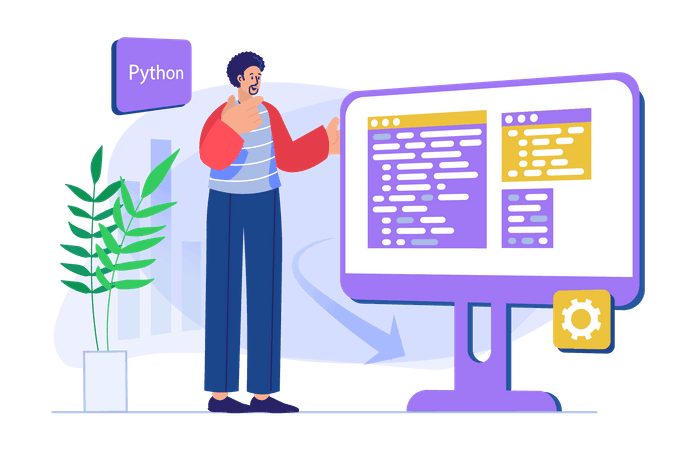
Both Java and Python languages offer an extensive range of libraries and frameworks, Which include PyCharm for Python and data science with tools such as NumPy, Pandas, and TensorFlow; for Java with tools like Spring, Hibernate, and Apache Struts for enterprise and Enterprise and web development. Both languages have generous developer support through extensive communities where developers can find valuable resources; this means that developers will have all the support they need for mechanical Turk and mechanical buck applications and assume a constant evolution.
Comments
Your comment has been submitted